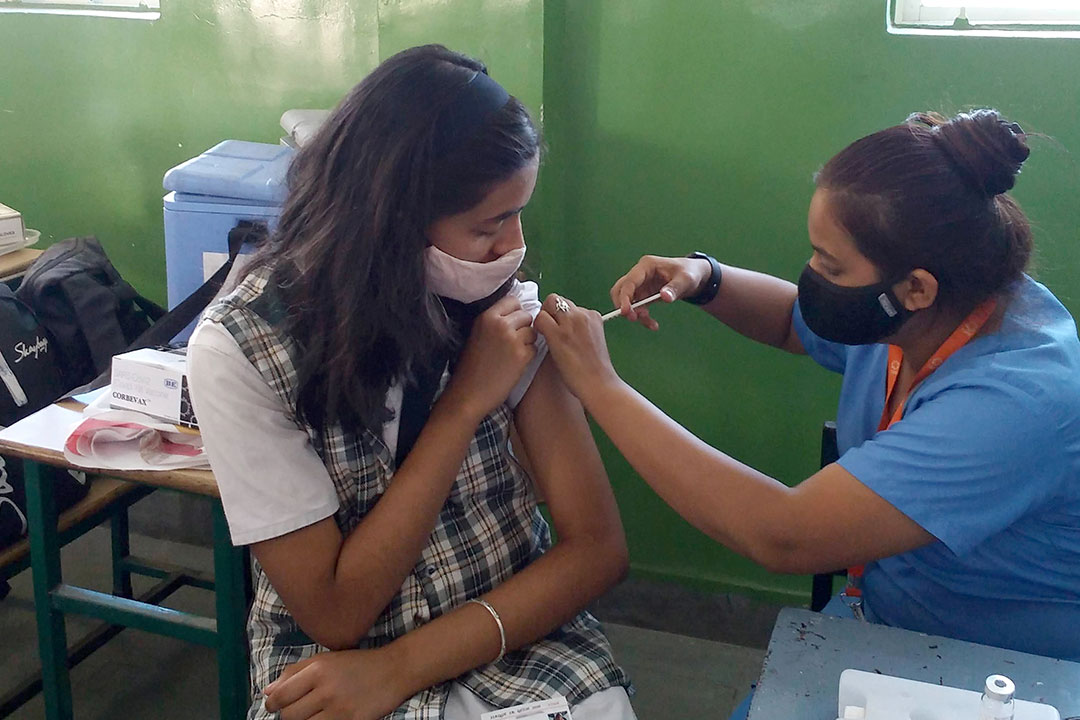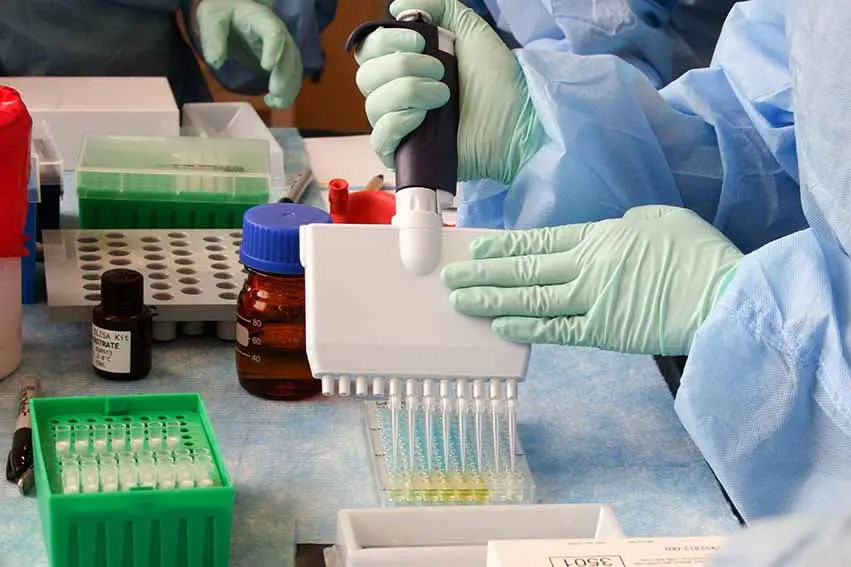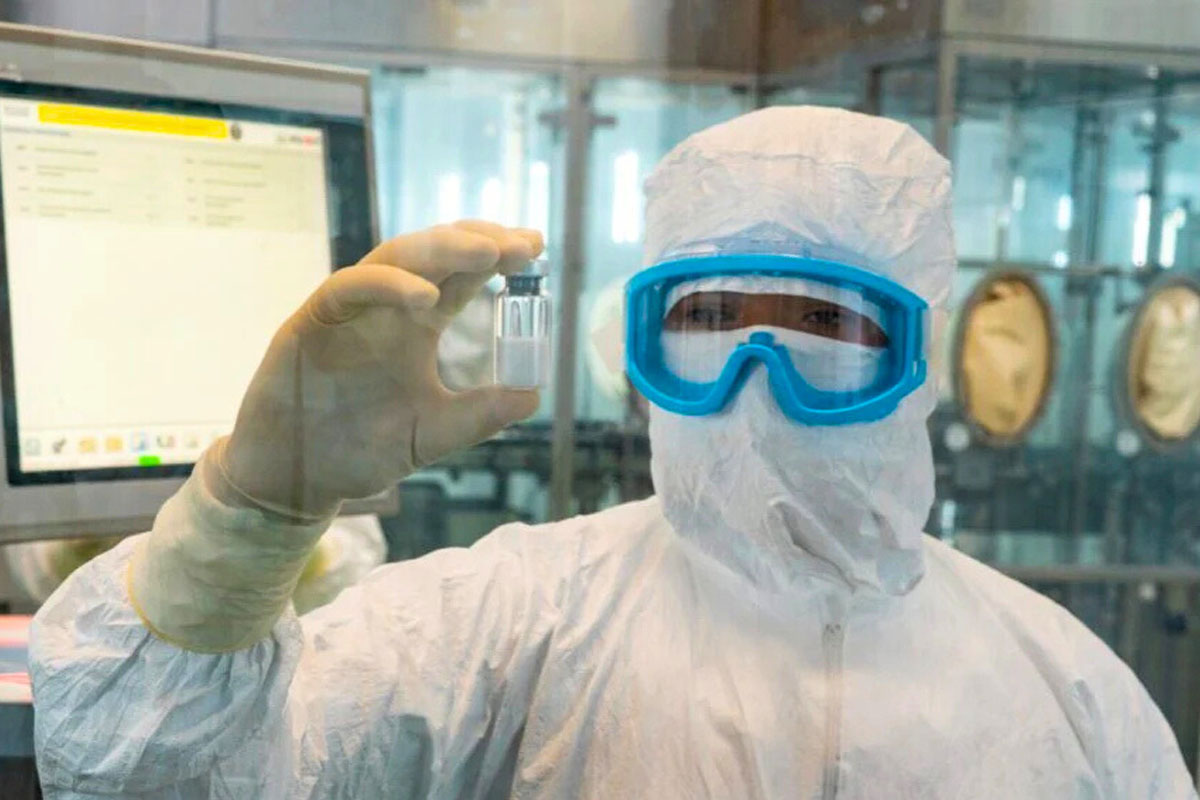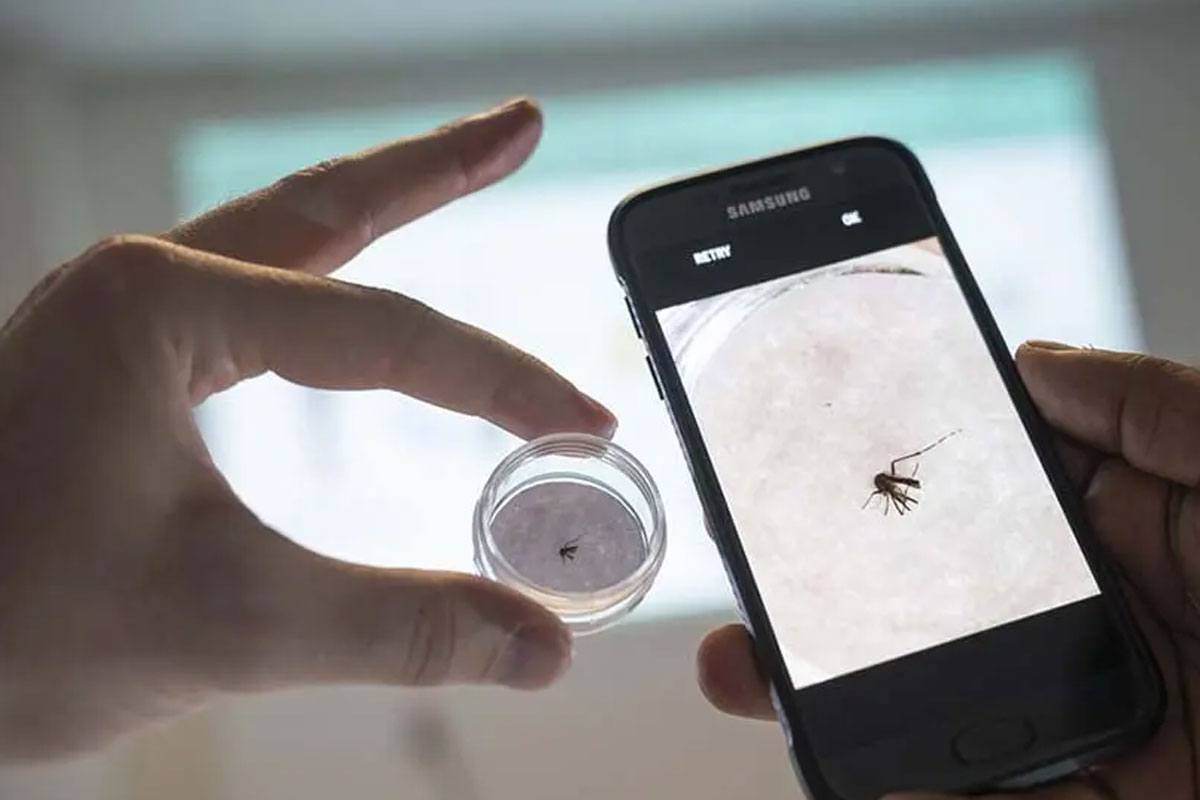Guinea declares Ebola epidemic over
Guinea declares end of Ebola outbreak after 42 days without new cases. Outbreak resulted in 23 likely cases, 12 deaths since February. Success attributed to community buy-in, capacity building and vaccination.
- 29 June 2021
- 4 min read
- by SciDev.Net
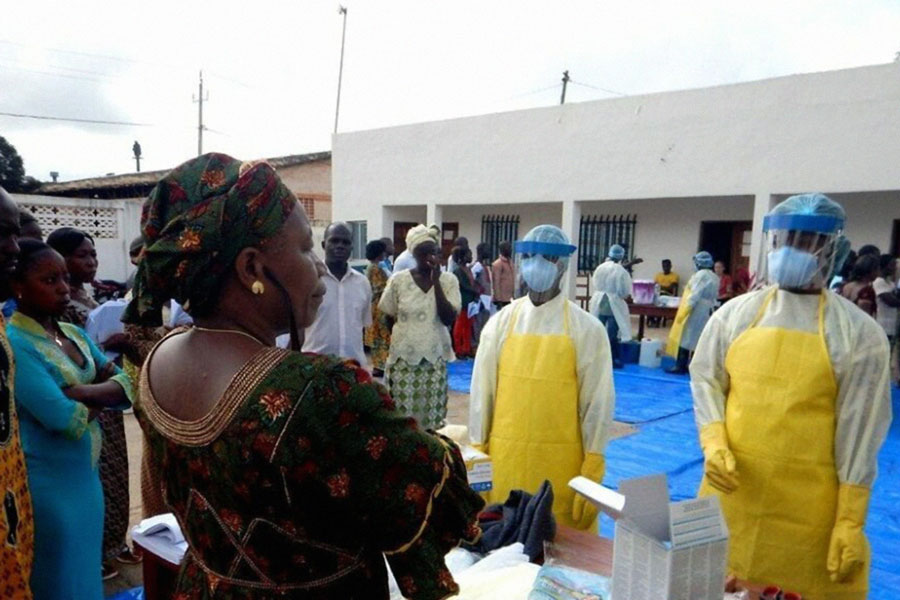
[CONAKRY] Guinean authorities have announced the end of the country’s Ebola epidemic after a 42-day countdown during which no new cases were recorded.
Guinea’s Minister of Health, Remy Lamah said on Saturday (19 June): “You will recall that on 14 February, we reported for the second time the outbreak of Ebola virus disease in the rural community of Gouecke, here in N’Zerekore prefecture.
“After only four months, I am happy today to solemnly declare the end of the resurgence of the Ebola virus disease epidemic in Guinea.”
During the latest wave of Ebola, Guinea recorded 16 confirmed cases and seven probable cases, including 11 patients who survived and 12 who died, according to the World Health Organization (WHO).
“The fight against epidemics can only be effective if we have the support of the community. Without it there can be no effective public health actions.”
Abdoulaye Toure, CERFIG
In the deadly Ebola epidemic of 2014 to 2016, which also started in Guinea and spread to neighbouring Liberia and Sierra Leone, there were 3,814 cases and 2,544 deaths.
WHO director-general Tedros Adhanom Ghebreyesus said: “I commend the affected communities, the government and people of Guinea, health workers, partners and everyone else whose dedicated efforts made it possible to contain this Ebola outbreak.”
Genome sequencing found that the virus behind the latest outbreak was similar to that identified in the 2014 to 2016 epidemic, according to the WHO, which says more studies are needed to better understand how the two outbreaks may be linked.
Have you read?
The 42 days of observation just marked corresponds to twice the incubation period of the disease. That time has passed since the last confirmed Ebola case that escaped follow-up was finally considered to pose no risk of disease transmission in the community.
Alfred Georges Ki-Zerbo, WHO representative in Guinea, explained: “As a precautionary measure, the countdown had to take into account the contacts of this confirmed case not followed up. This is what justified the first 21 days of epidemiological surveillance before the effective start of the countdown which has just ended.
“We can therefore consider that the chain of transmission of the epidemic of the Ebola virus disease has been interrupted,” he added.
Matshidiso Moeti, WHO regional director for Africa, says Guinea managed to contain the virus in four months thanks to “innovations and lessons learned from the past”.
In addition to community involvement in the epidemic response, WHO deployed more than 100 experts in the field to coordinate prevention, screening and vaccination operations.
The organisation says it also shipped around 24,000 doses of Ebola vaccines to the country, to vaccinate around 11,000 high-risk people, including 2,800 front-line health workers.
Drawing lessons from this epidemic, Abdoulaye Toure, director of the Guinea Centre for Research and Training in Infectious Diseases (CERFIG), said: “We were once again convinced that the fight against epidemics can only be effective if we have the community buy-in. Without it there can be no effective public health actions.”
Toure says the second epidemic has also shown the importance of strengthening local capacity for surveillance and diagnosis.
“The support of the regional hospital laboratory by the National Institute of Public Health has greatly reduced the waiting time for laboratory results and facilitated the follow-up of contacts,” he added.
Despite declaring Guinea’s second Ebola outbreak over, the health ministry sounded a note of caution. “We must be extra vigilant in order to detect in time any form of outbreak of this epidemic in the future, while preventing its spread both in the N’Zerekore region and in the rest of the country,” warned Lamah.
To this end, Guinean health authorities have reactivated a surveillance programme for survivors to provide long-term post-care monitoring and support.
Website
This article is republished from the SciDev.Net under a Creative Commons license.
